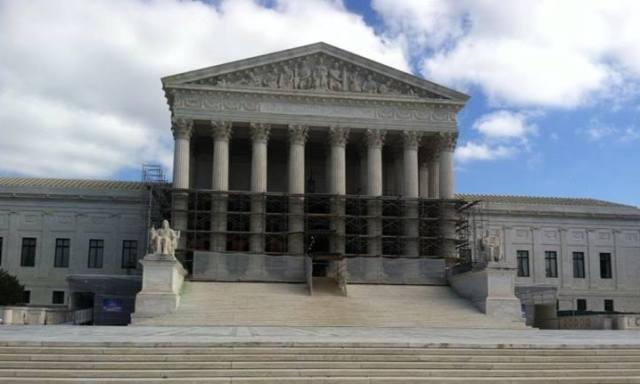Schuette Joins Blind Man’s U.S. Supreme Court Lawsuit Against American Bar Association
Man says he was rejected from every law school he applied to because he couldn’t draw diagrams on the L-SAT.


Attorney General Bill Schuette has filed a brief against the American Bar Association. A discrimination case was filed last month in the United States Supreme Court.
This is the third brief Attorney General Bill Schuette has filed in the case going back to 2011.
Angelo Binno of Michigan is legally blind. He is suing the American Bar Association for disability discrimination. Binno says he was rejected from every law school he applied to because he couldn’t draw diagrams for the “logic games” portion of the L-SAT and scored too low on the test.
Once the American Bar Association files its response brief, the U.S. Supreme Court will decide whether or not to hear the case.
Binno’s attorney Jason Turkish said having the Attorney General file a brief illustrates the importance of the case. And that means the Supreme Court could be more likely to take the case.
“Here you have the chief law enforcement officers of two large states coming forward and saying, ‘Hold on a second American Bar Association. You’re not just harming Angelo Binno, but you’re robbing our profession…our bench and bar, of talent,” he said.
Megan Hawthorne is the deputy press secretary for Schuette’s office. She said “The Attorney General, as a lawyer himself, just thinks it’s super important that just because someone has a seeing disability does not affect their ability to be a successful practicing attorney.”
Binno is asking, in part, that law schools be allowed to admit students without taking the LSAT. Binno says the visually impaired do not have the ability to perform spatial reasoning required in the “logic games” section.
Hawthorne says Binno’s disability does not affect his ability to practice law.
“We live in a country that prides itself on offering equal opportunities to everyone,” she said. “And the American Bar Association without offering this waiver is inhibiting blind and visually impaired individuals from getting an education simply because they cannot see.”
